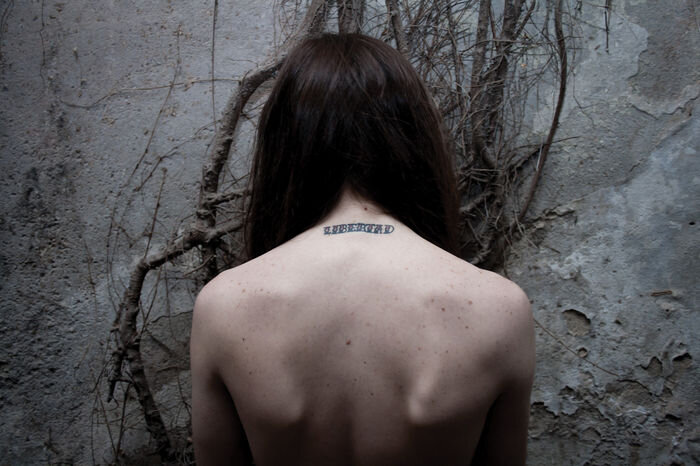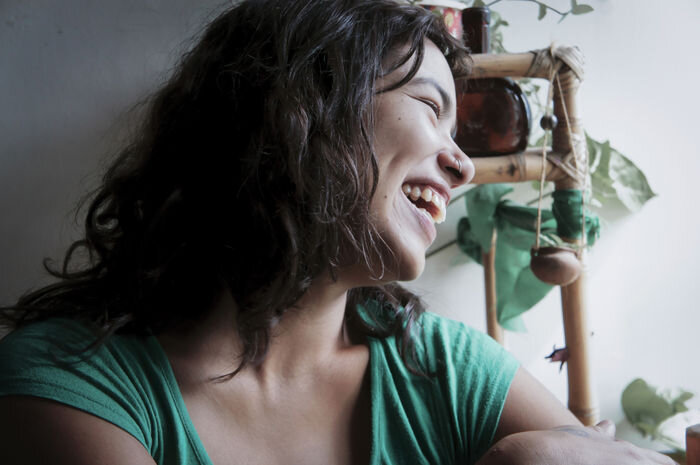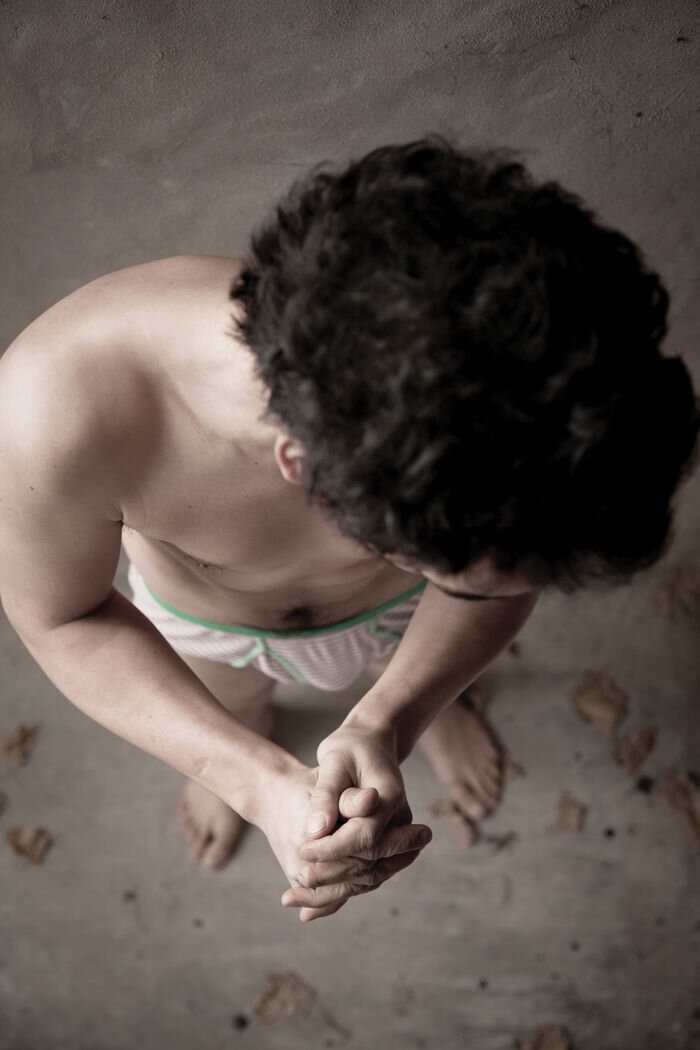11 semanas, 23 horas, 59 minutos // Work In Progress por Guadalupe Gómez Verdi, Lisa Franz y Léa Meurice
5 de septiembre 2019
“11 semanas, 23 horas, 59 minutos” se enmarca en la campaña de Amnistía Internacional “Mi cuerpo, mis derechos” (que exige respetar la sexualidad de las personas)
“11 semanas, 23 horas, 59 minutos. Aborto clandestino en Argentina.”
// Un trabajo en desarrollo de Guadalupe Gómez Verdi, Lisa Franz y Léa Meurice //
Realización Audiovisual: Ariel Arango / Argentina 2013 //
La argentina Guadalupe Gómez Verdi, la alemana Lisa Franz y la francesa Léa Meurice son tres jóvenes fotógrafas que viven en Argentina. Juntas, se preguntan por qué el aborto inducido es tabú e ilegal en nuestro país, en pleno el siglo XXI, y muestran sus cuestionamientos en fotos.
“Iniciamos este trabajo con la búsqueda de comprender las razones de por qué, en Argentina, el aborto, en el siglo XXI, sigue siendo un tema tabú e ilegal, donde el derecho a decidir sobre el cuerpo de una misma está aún cuestionado”, dicen las fotógrafas."
"La muestra incluye además testimonios de personas que decidieron abortar. Por ejemplo, la historia de Sonia Sánchez, que estuvo 21 días presa por ejercer la prostitución y pasó por cinco abortos con pastillas; o la de Mara, quien abortó a los 21 años, en 2002, al límite de los tres meses de embarazo: “Yo estaba siempre esperando que él lograra contactar a alguien y obtener la información. La cuestión es que se fue demorando, hasta que pasó un montón de tiempo, y yo tuve que hablar con mi mamá porque ya estaba de casi tres meses”.
"También suma la figura de los varones, esos que acompañan a sus novias, hermanas o compañeras a realizarse un aborto. Uno de ellos es Pedro, que apoyó a su pareja en todo momento. O el del doctor Germán Cardoso, miembro del Grupo Médico argentino por el Derecho a Decidir de la mujer en situación de un embarazo no deseado: “El tema de la decisión pasa por ella. Ella tiene una decisión sobre su cuerpo, sobre su futuro, sobre su vida, ella puede decidir el tema de la familia, decir bueno, estoy sola, tengo dos hijos y no puedo con más, apenas puedo con dos hijos, estoy embarazada y decido no seguir adelante”.
“En el encuentro entre dos continentes, la realidadargentina nos confronta con nuestra propia visión de la mujer. Nos es difícilentender que, en países como Argentina, la mujer no haya conquistado libertadesque la coloque en un terreno de igualdad y autonomía, cuando en Francia yAlemania la emancipación de la mujer se inició hace cuatro décadas y el abortoes legal”.
Y agregan: “Con este proyecto fotográfico queremos sacar historias y realidades a la luz, exponer y mostrar luchas y testimonios de mujeres y hombres que han experimentado al menos un aborto en su vida. Más allá de cualquier posición política, religiosa y cultural, queremos abrazar el derecho al aborto legal creyendo profundamente en la libertad de cada individuo”. Y enfatizan: “Libertad. Legalidad. Seguridad. El derecho al aborto es un derecho humano”.
“11 weeks, 23 hours, 59 minutes” Work in progress by Guadalupe Gómez Verdi, Lisa Franz y Léa Meurice
“11 weeks, 23 hours, 59 minutes” is part of the Amnesty International campaign “My body, my rights” (which requires respecting people's sexuality)
Guadalupe Gómez Verdi (Argentine) , Lisa Franz (Germany) and Léa Meurice (France) are three young photographers living in Argentina. Together, they wonder why induced abortion is taboo and illegal in our country, in the 21st century, and show their questions in photos.
"We began this work with the search to understand the reasons why, in Argentina, abortion, in the 21st century, remains a taboo and illegal issue, where the right to decide on the body of the same is still questioned," the photographers say."
"The exhibition also includes testimonies of people who decided to abort. For example, the story of Sonia Sánchez, who was 21 days imprisoned for prostitution and went through five abortions with pills; or that of Mara, who aborted at age 21, in 2002, at the limit of three months of pregnancy: “I was always waiting for him to contact someone and get the information. The point is that it was delayed, until a lot of time passed, and I had to talk to my mom because I was almost three months old. ”
It also adds the figure of men, those who accompany their girlfriends, sisters or partners to have an abortion. One of them is Pedro, who supported his partner at all times. Or that of Dr. Germán Cardoso, member of the Argentine Medical Group for the Right to Decide of women in situations of an unwanted pregnancy: “The issue of the decision goes through it. She has a decision about her body, about her future, about her life, she can decide the theme of the family, say well, I am alone, I have two children and I cannot with more, I can barely with two children, I am pregnant and I decide don't keep going.
“In the encounter between two continents, the Argentine reality confronts us with our own vision of women. It is difficult for us to understand that, in countries like Argentina, women have not conquered freedoms that place them in a field of equality and autonomy, when in France and Germany the emancipation of women began four decades ago and abortion is legal. ”
And they add: “With this photographic project we want to bring stories and realities to light, expose and show struggles and testimonies of women and men who have experienced at least one abortion in their lives. Beyond any political, religious and cultural position, we want to embrace the right to legal abortion by deeply believing in the freedom of each individual. ” And they emphasize: “Freedom. Legality. Security. The right to abortion is a human right.”











